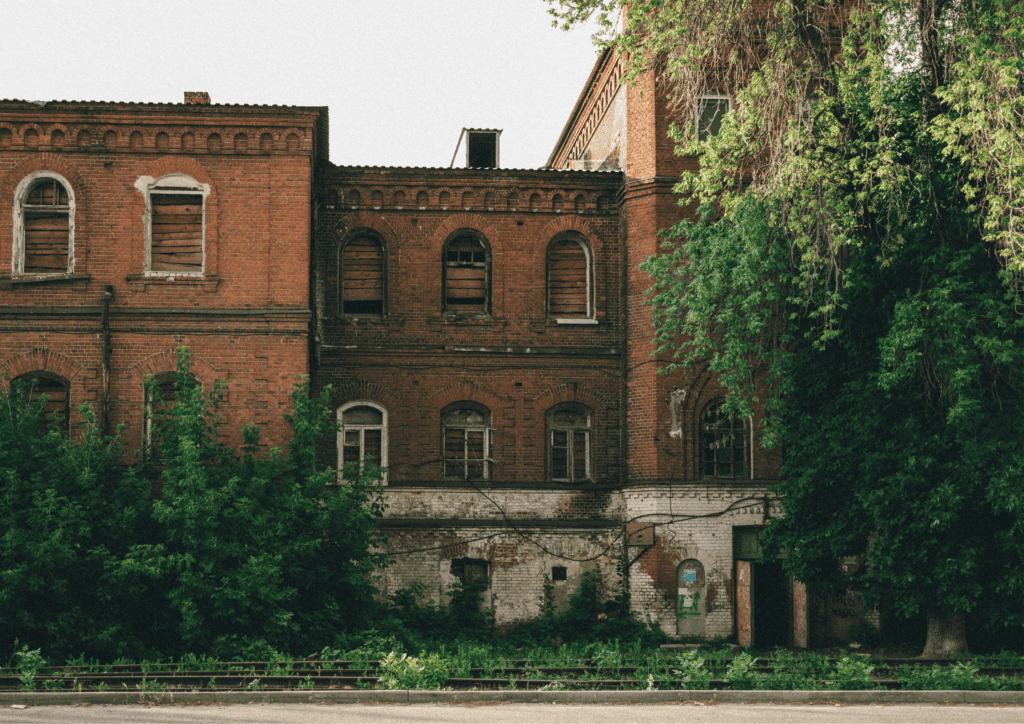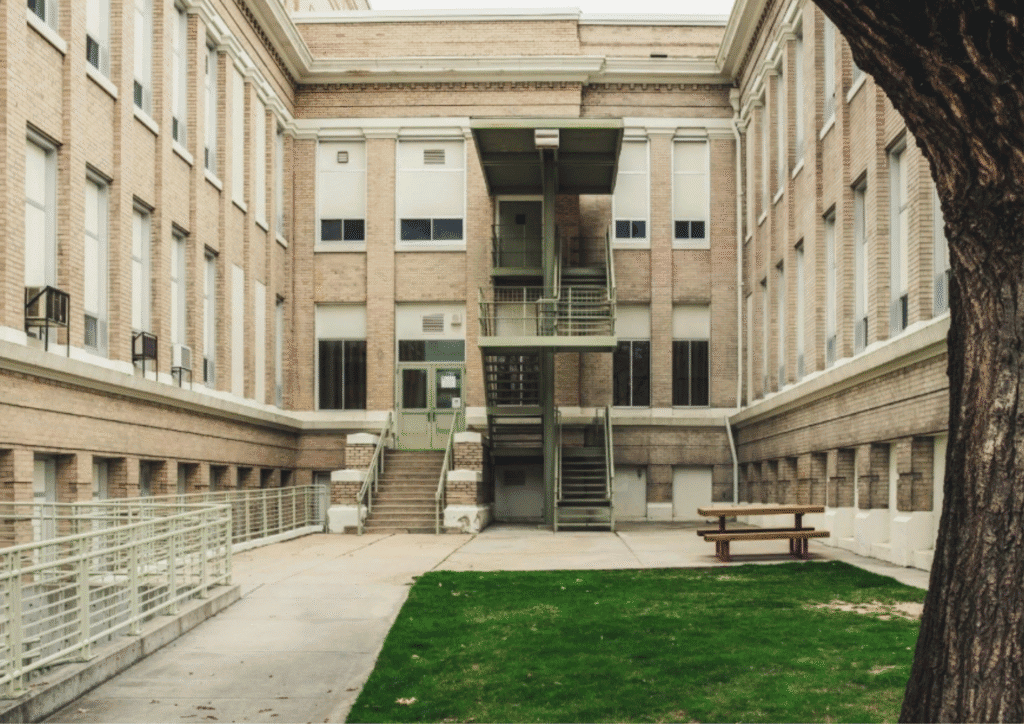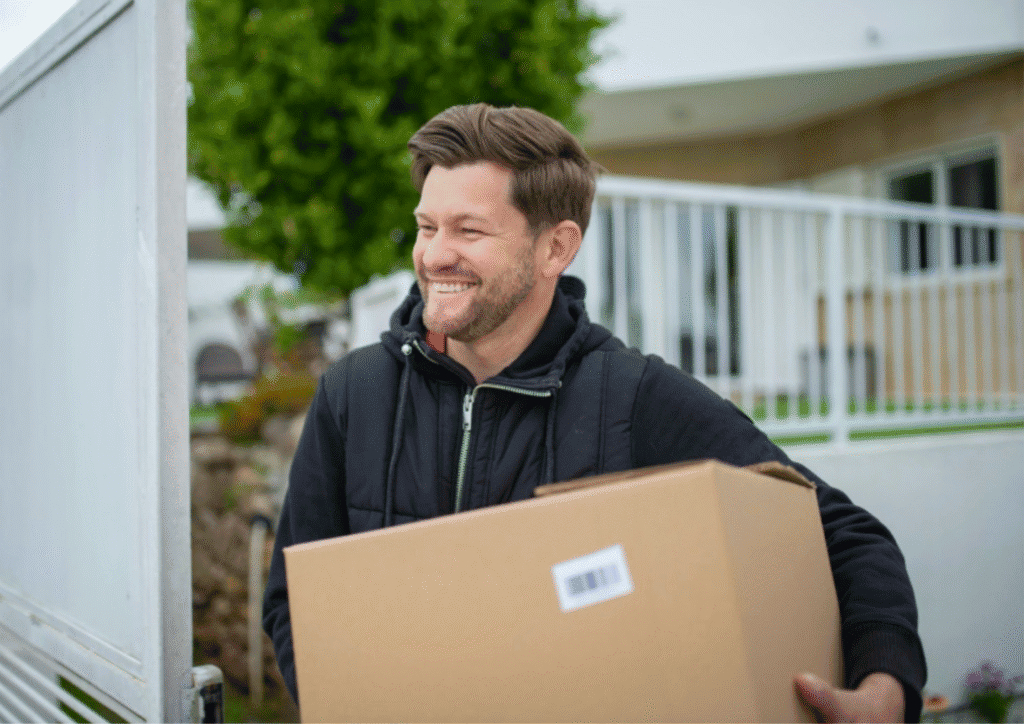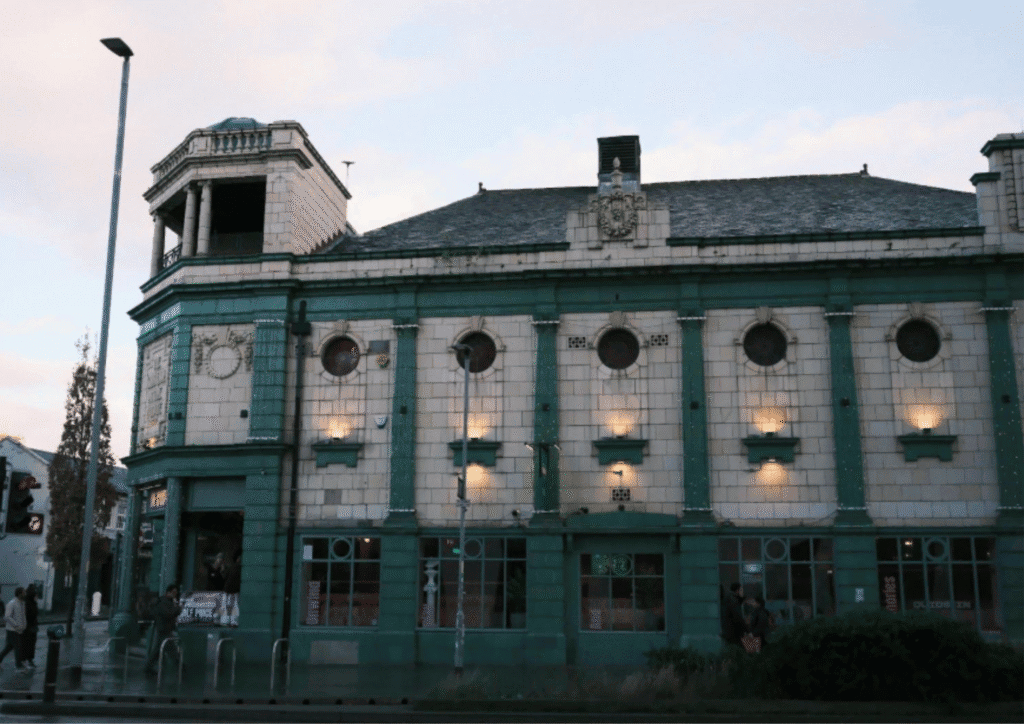How Squatters Law Affects the Safety of Empty Buildings
If you own a vacant building, there’s a real risk that it can become more of a liability than an asset.
Squatting is a serious threat. But what many property owners don’t fully understand is how the law views squatters, and how that can directly impact your property’s security, safety, and possibly even ownership.
In the UK, squatting is a legal grey area that can have very real consequences if your property isn’t properly secured.
It’s a growing risk, but it’s one you can avoid if your building is lived-in, looked-after, and locked up.
What is Squatting (and What Does the Law Say)?
Squatting is when someone deliberately enters a building without permission and lives there.
In the UK, squatting in residential buildings is a criminal offence. If caught, squatters can face up to six months in prison or a fine of £5,000.
Simple, right?
Yes, but the law treats non-residential and commercial properties differently.
For these buildings, squatting isn’t technically illegal. It becomes a civil matter, which means police don’t automatically get involved. And that’s where things get tricky for owners.
To remove squatters from a non-residential property, you need a court order. This takes time, legal fees, and a frustrating wait while your building sits vulnerable and occupied.
And the longer the squatters stay, the more complicated things get.
Then there’s “squatters’ rights”. If someone occupies your property continuously for long enough (depending on whether the land is registered), they could legally apply to become the rightful owner.
That’s not a typo. They could actually claim your property as their own, just because no one was there to stop them. It’s governed by the Land Registration Act 2002.
So, if your building is sitting empty and unsecured, you’re opening the door to a potential legal nightmare.
The Vacant Property Security Impact of Squatting
Once squatters move in, the problems pile up fast.
First, your building will probably get physically damaged from forced entry, unauthorised changes, and neglected utilities.
Essential infrastructure, like heating, electricity, and plumbing, can be ruined within weeks.
Then there’s the health and safety risk. Fires are often caused by unsafe cooking setups. Fly-tipping attracts pests. Broken glass, blocked exits, and faulty wiring can all turn your building into a serious hazard zone.
And if the property becomes known locally as derelict or squatted, your reputation can take a hit too, especially if you’re a housing association, local authority, or private developer.
But even if your building doesn’t suffer physical damage, the cost of reclaiming it through the courts can run into the thousands. Add legal bills, time lost, and potential redevelopment delays, and suddenly that empty space is dragging everything else down with it.
Property Guardian Scheme: A Smarter Security Solution
The good news is that there’s a smarter way to protect your empty building, without the high cost of (often unreliable) 24/7 security guards or expensive alarm systems.
A property guardian scheme puts reliable, fully vetted individuals in your property to live there temporarily. In return, they pay a small licence fee and take responsibility for keeping the building secure, maintained, and occupied.
Their presence alone is a powerful deterrent against squatters.
An actively lived-in property doesn’t attract break-ins or civil trespassers. It sends a clear message: this space is looked after, and you’re not welcome here.
Unlike empty property security systems that only react after something has gone wrong, guardianship prevents issues before they happen, all while offering an affordable alternative that’s simple to set up and manage.
Is Squatting a Risk You’re Willing to Take?
Let’s be honest, squatting isn’t just something that happens to “other people”. If your property is sitting empty, especially if it looks unused or poorly maintained, it’s already a target.
And unless you’ve got a vacant property security plan that actually works, you’re taking a gamble every single day.
The law doesn’t always work quickly. And by the time you get the court order, the damage may already be done.
So the question is: are you willing to risk your investment, your time, and your peace of mind?
Or are you ready to partner with a provider who offers real, lived-in protection? Protection that works around the clock, without the overheads?
At City Guardians, we offer real people living in your property, keeping it safe, secure, and compliant. Our guardians are fully vetted, professionally supported, and on-site, so nothing gets missed.
Get in touch with us to find out how our property guardian scheme can help you avoid the risks of squatting and keep your building safe, secure, and full of purpose.



